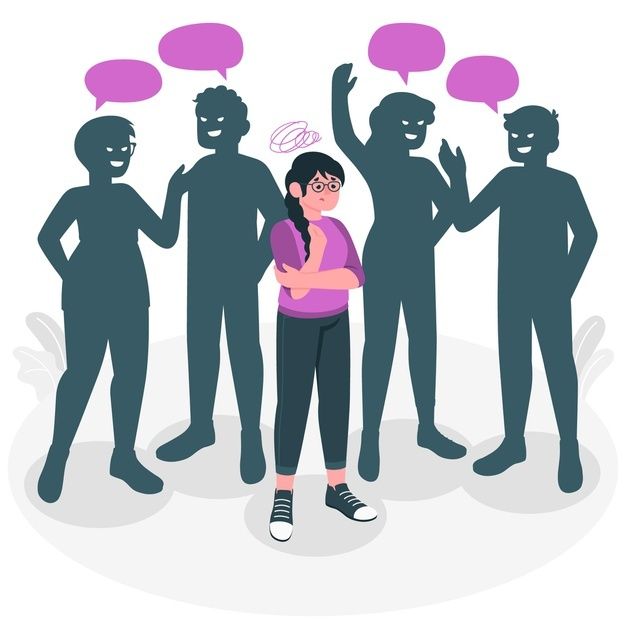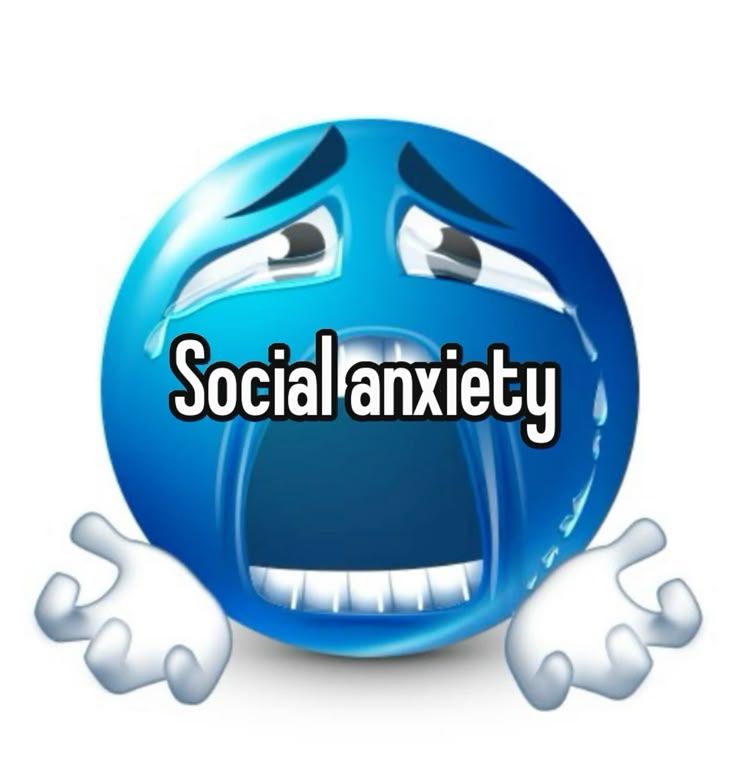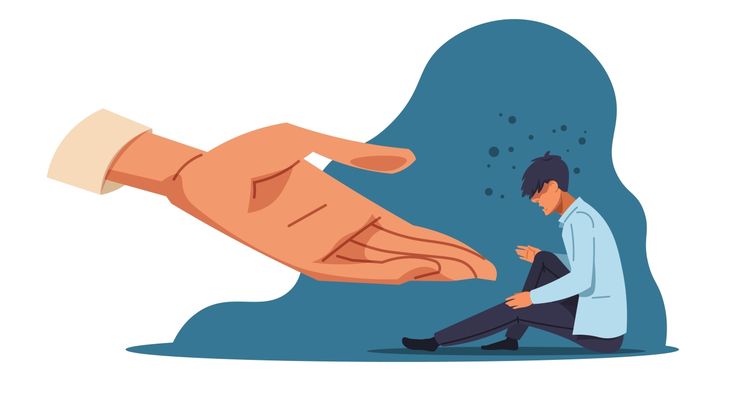Social anxiety disorder, often referred to as “social phobia,” has become an increasingly common psychological concern among modern individuals. From school to the workplace, many feel uneasy or even avoid social situations due to the pressure they bring. While society is growing more aware of this issue, we rarely see insurance products specifically designed to address such circumstances. So, what if there were a “social anxiety insurance”? Could it offer meaningful assistance to those deeply troubled by social barriers?

Social anxiety disorder is not a fleeting emotional fluctuation but a persistent psychological state characterized by an intense fear of interpersonal interactions. This fear often drives individuals to avoid social settings, dreading embarrassment in front of others and worrying that every action will be scrutinized excessively. This not only impacts emotional and mental well-being but also severely disrupts daily life and work efficiency. An insurance product offering psychological support and behavioral safeguards for such individuals could become a powerful tool to transform this situation.
First, this “social anxiety insurance” should cover the costs of psychological treatment. For instance, policyholders could receive a set number of counseling sessions or cognitive behavioral therapy (CBT) services. Various psychotherapeutic approaches exist for treating social anxiety disorder, among which cognitive behavioral therapy has proven highly effective. It helps patients gradually overcome fears of social situations and boost their self-confidence. Covering these costs through insurance effectively reduces the financial burden associated with psychological disorders.
Second, this insurance could offer courses in social scenario simulation and psychological training. Through virtual environments or simulated social scenarios, insured individuals can gradually confront feared social situations, thereby reducing anxiety. Such simulation training may be conducted by professional psychology teams or designed in collaboration with psychologists to create personalized social challenge plans, helping insured individuals adapt to diverse social environments step by step.

Of course, social anxiety insurance is not merely a psychological treatment tool; it also provides practical support for challenges in work and daily life. For instance, if an insured individual cannot perform their job duties due to social anxiety, the insurance company may provide a period of paid leave or workplace coaching services. Additionally, for critical social occasions like job interviews or important meetings, the insurance can offer specialized psychological counseling to help individuals maintain composure during tense moments and successfully navigate each key social challenge.
The greatest significance of this social anxiety insurance lies not only in its tangible psychological and behavioral support but also in its potential to dismantle societal prejudices and misconceptions surrounding mental health conditions. Social anxiety disorder has long been a topic undervalued or overlooked, with many individuals even feeling ashamed of their social difficulties. However, the introduction of such insurance could heighten societal awareness of this issue, encouraging more people to courageously seek help and overcome their struggles.

While the concept of this insurance may seem avant-garde, it fundamentally represents care for modern mental health. As mental health topics gain prominence, an increasing number of insurance companies are exploring possibilities to provide coverage for various psychological disorders. In the future, perhaps “social anxiety insurance” will no longer be merely a concept—it could become a noteworthy protection option in our daily lives.
If the purpose of insurance is to provide security against an uncertain future, then for those trapped in the grip of social anxiety, social anxiety insurance undoubtedly represents a promising future option. It is not merely about material security; it symbolizes social recognition and psychological support. In this fast-paced era of immense social pressure, perhaps each of us needs this kind of special protection.




